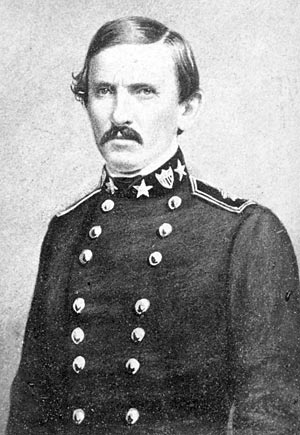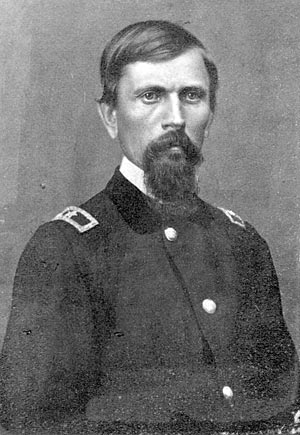On May 16, 1861, noting "the deplorable condition of the country" following the outbreak of the Civil War, "for which the State of Kentucky is in no way responsible," the House approved a resolution that "this State and the citizens thereof should take no part in the civil war now being waged except as mediators and friends to the belligerent parties." The Senate on May 20 also passed resolutions accepting neutrality. However, in September 1861, following the Confederate invasion of western Kentucky, both the House and the Senate abandoned the policy of neutrality. So Kentucky, characterized by Abraham Lincoln as indispensable to the Union cause, remained in the Union during the war.


Both the Union and Confederate causes had ardent supporters in Kentucky. Nowhere was the struggle of brother against brother more apparent. This was manifest literally by the Kentucky Crittendens. George Bibb Crittenden (left), shown in his West Point uniform, rose to the rank of major general in the Confederate Army. His brother, Thomas Leonidas Crittenden, served as a general in the Union Army. While serving in the U.S. Senate, their father, Governor John J. Crittenden, introduced the Crittenden compromise in an attempt to preserve the Union. Kentucky Historical Society Collections.
